COVID-19 Myths You Shouldn’t Believe

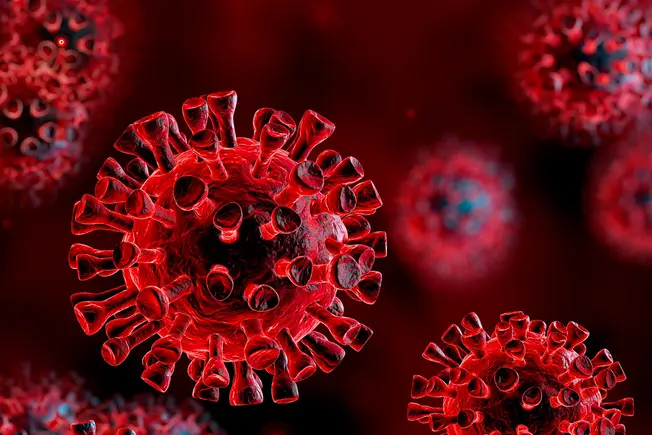
COVID-19 Origins
Myth: COVID-19 was created in a lab.
Fact: Scientists are still looking into the origin of COVID-19, but they do know it’s unlikely that someone made it in a lab. Based on studies of other coronaviruses, they think the virus may have started in bats and evolved to infect humans.
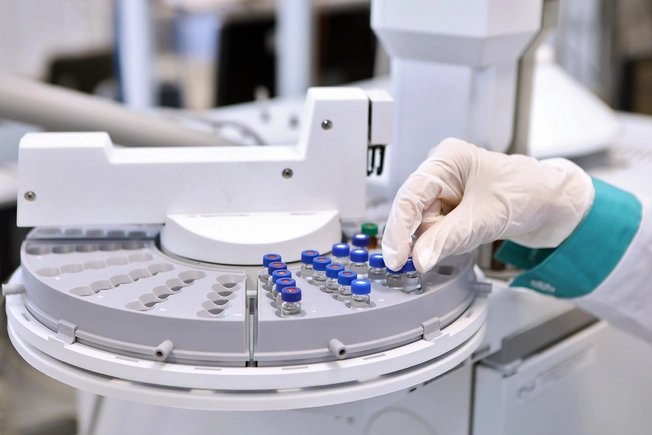
COVID-19 Vaccine Safety
Myth: The COVID-19 vaccines are unsafe because drug companies created them quickly.
Fact: Because we’re in a global pandemic, drug companies spent lots of time and money quickly making the COVID-19 vaccines. But that doesn’t mean they’re unsafe. All vaccines in the U.S. go through strict studies to make sure they’re safe and will work. The FDA, which regulates vaccines, must also approve them.
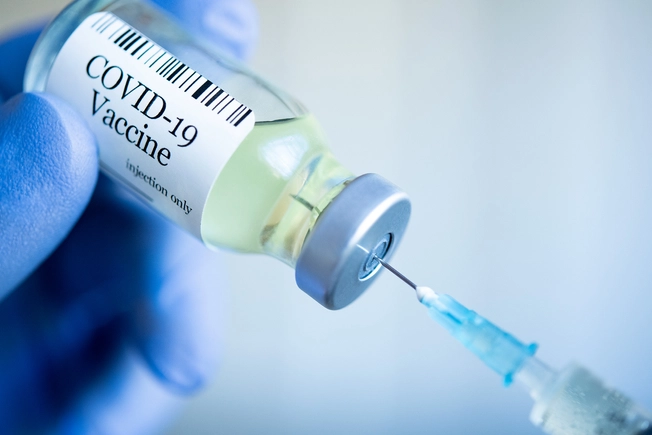
COVID-19 Vaccine Illness
Myth: The vaccines will make me sick with COVID-19.
Fact: None of the approved COVID-19 vaccines in the U.S., or that other companies are currently developing, have the live virus that causes COVID-19. The bottom line: A COVID-19 vaccine can’t make you sick with the disease.
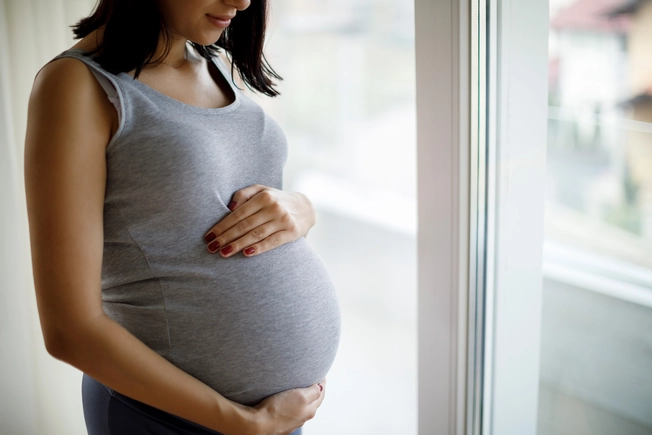
COVID-19 Vaccine and Pregnancy
Myth: I won’t be able to get or stay pregnant if I take a COVID-19 vaccine.
Fact: This myth has been going around on social media. It claims that antibodies made from the COVID-19 vaccines will bind to proteins in the placenta (the organ that gives an unborn baby food and oxygen) and stop pregnancy. Scientific studies don’t support this idea, and no evidence links COVID-19 to infertility.
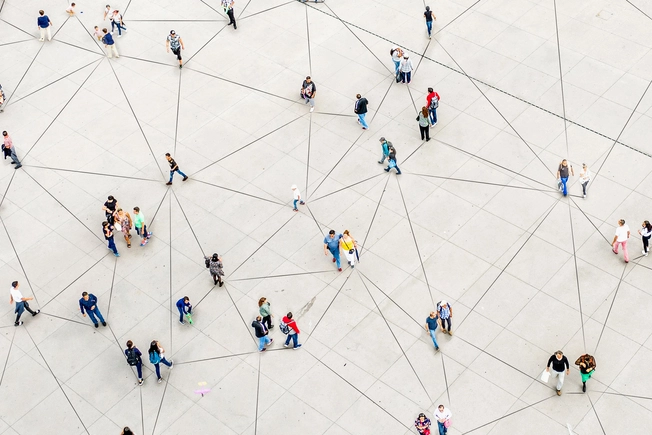
Herd Immunity
Myth: Herd immunity will slow the spread of COVID-19.
Fact: Herd immunity is when enough members of a population have developed immunity to a disease to stop it spreading through the entire population. To reach herd immunity with COVID-19, scientists think 70 percent of us would have to either have survived COVID-19 or have been vaccinated against COVID-19. This would cause millions more cases and deaths. It would also put more strain on hospitals and the economy. Plus, immunity may only last for 3-9 months. Experts prefer to stamp out the virus with vaccines.
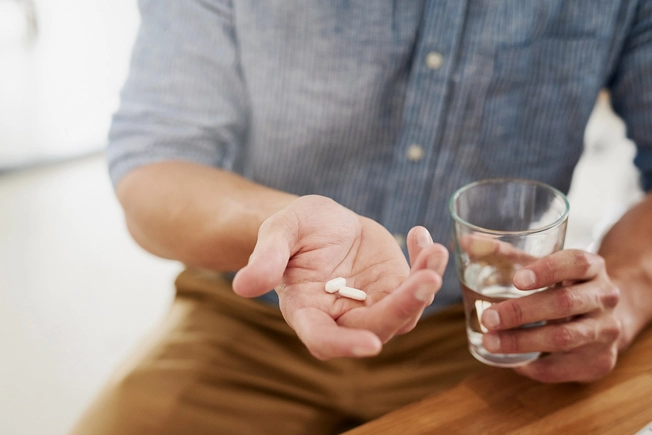
Supplements
Myth: Vitamin and mineral supplements can cure COVID-19.
Fact: Vitamins D and C and the mineral zinc can indeed boost your immune system and protect against viruses. This is mainly true for people who lack these supplements. But there’s no evidence that they’re a cure or treatment for COVID-19 if you already have the disease.
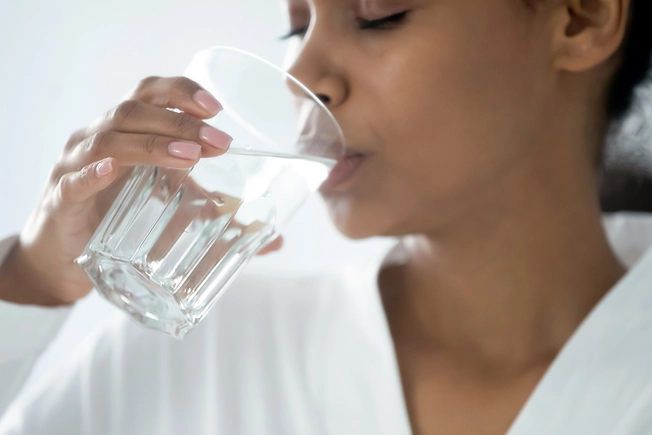
Drinking Warm Water
Myth: Drinking warm water rinses the COVID-19 virus from my throat.
Fact: While water is vital for your overall health, science doesn’t back up the idea that drinking warm water protects you from COVID-19. The only thing it might do is soothe your throat and ease a cough if you’re already sick. Instead of drinking warm water, wash your hands with it.
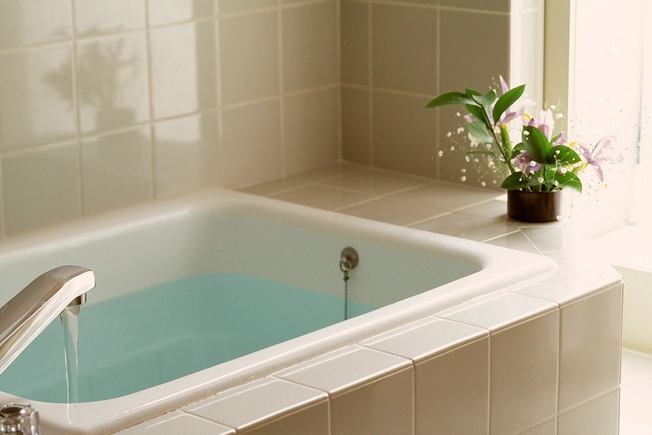
Hot Baths
Myth: Taking a hot bath can stop COVID-19.
Fact: The idea behind this myth is that high temps can kill the coronavirus. But taking a bath in water that’s too hot can burn your skin. The best way to ward off COVID-19 is to wash your hands with soap and warm water. Washing gets rid of viruses on your hands that you could transfer to your eyes, nose, and mouth.
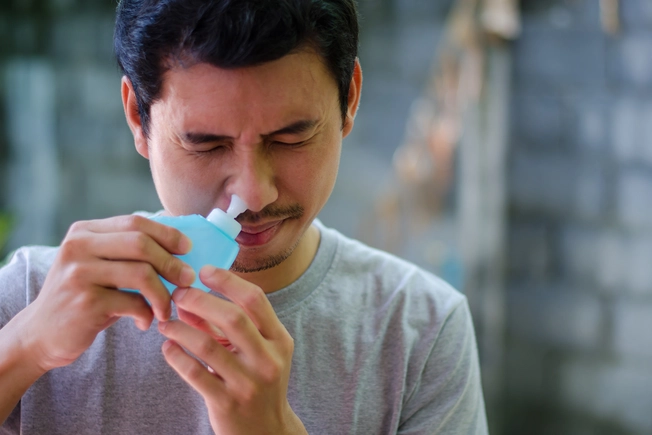
Saline Rinse
Myth: Rinsing my nose with saline can stop COVID-19.
Fact: There’s no proof that rinsing your nose with saline protects you from getting COVID-19. This myth may stem from the advice to use saline in your nose to treat a common cold, but it doesn’t actually stop infections.
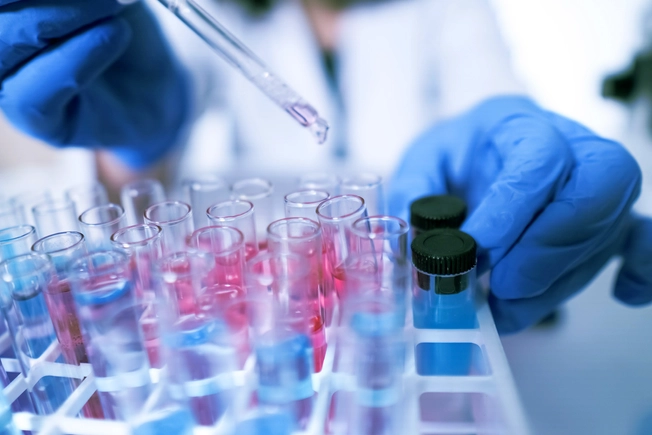
COVID-19 Mutations
Myth: The COVID-19 vaccines don’t work on new strains of the virus.
Fact: It’s normal for viruses to change over time. Scientists have found multiple strains of COVID-19 around the world, including in the U.K., South Africa, and Brazil. They seem to spread more easily, but right now, there’s no proof that they make you sicker or cause more deaths. Scientists are still studying if the COVID-19 vaccines work against these mutations.
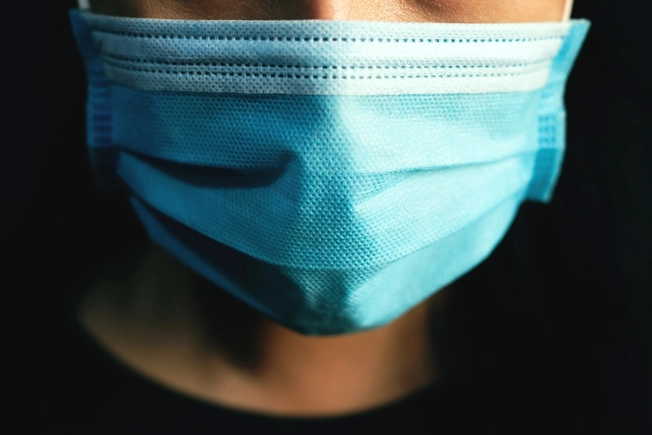
COVID-19 Reinfection
Myth: I’ve had COVID-19, so I’m immune.
Fact: Scientists have studied similar viruses and say it’s possible to get COVID-19 more than once. They’re still learning more about how likely you are to get infected again, how often it happens, and who has a higher chance of getting the disease again. Even if you’ve had COVID-19, you should still wear a mask in public, stay away from crowds, and wash your hands.
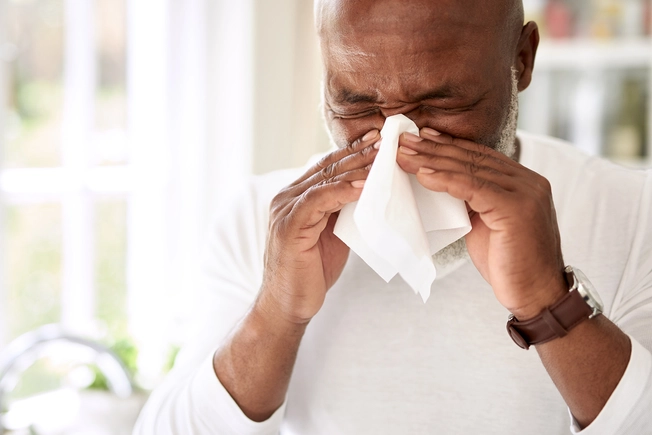
COVID-19 Vaccines and Allergies
Myth: I have allergies, so I can’t get a COVID-19 vaccine.
Fact: In rare cases, some people have had a serious allergic reaction (called anaphylaxis) to the COVID-19 vaccines. If you’re allergic to any ingredient in an mRNA COVID-19 vaccine, don’t get the shots. But if you have an animal, food, pollen, or other types of allergies, you can get vaccinated.
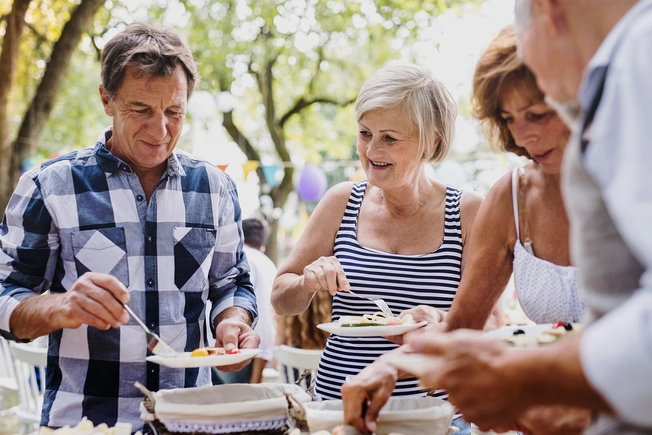
Small Gatherings
Myth: Small gatherings don’t spread COVID-19.
Fact: Nursing homes, prisons, and other large groups in close contact are driving the spread, but small get-togethers are still a source. You raise your odds of getting COVID-19 when you gather with people who are:
- Outside of your household
- Not social distancing or wearing masks
Keep in mind that some people with the virus don’t show symptoms but can still spread it to others.
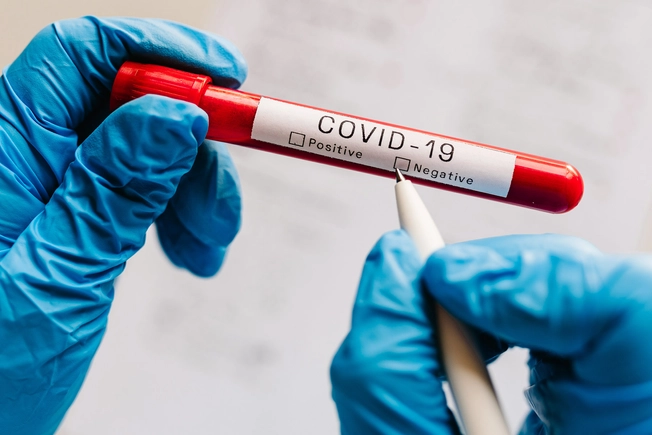
Negative COVID-19 Test
Myth: A negative COVID-19 test means I’m not infected.
Fact: If you test negative, it only means you likely didn’t have COVID-19 when your sample was collected. It’s still possible to test positive later and get sick. Researchers have also found that some tests show a false negative result. Even if you test negative, you should still protect yourself from the virus.
IMAGES PROVIDED BY:
1) Getty
2) Getty
3) Getty
4) Getty
5) Getty
6) Getty
7) Getty
8) Getty
9) Getty
10) Getty
11) Getty
12) Getty
13) Getty
14) Getty
SOURCES:
World Health Organization: “Coronavirus disease (COVID-19) advice for the public: Mythbusters,” “Coronavirus disease (COVID-19): Herd immunity, lockdowns and COVID-19.”
Mayo Clinic Health System: “COVID-19 myths debunked.”
Rush: “Common COVID-19 Myths Debunked.”
CDC: “What Your Test Results Mean,” “Deciding to Go Out,” “COVID-19 Vaccines and Allergic Reactions,” “Frequently Asked Questions about COVID-19 Vaccination,” “Reinfection with COVID-19,” “New COVID-19 Variants,” “Facts About COVID-19 Vaccines.”
Annals of Internal Medicine: “Variation in False-Negative Rate of Reverse Transcriptase Polymerase Chain Reaction-Based SARS-CoV-2 Tests by Time Since Exposure.”
Environmental Pollution: “Prevention and control of COVID-19 in nursing homes, orphanages, and prisons.”
American Family Physician: “Treatment of the common cold in children and adults.”
Children’s Mercy Kansas City: “Debunking myths about COVID-19.”
BMJ: “Vitamin D supplementation to prevent acute respiratory tract infections: systematic review and meta-analysis of individual participant data.”
Frontiers in Immunology: “The Potential Impact of Zinc Supplementation on COVID-19 Pathogenesis.”
Journal of Medical Virology: “Potential interventions for novel coronavirus in China: A systematic review.”
Intermountain Healthcare: “Debunking the Myth of Non-Vaccine Herd Immunity in COVID-19.”
FDA: “COVID-19 Frequently Asked Questions.”
Nature Medicine: “The proximal origin of SARS-CoV-2.”